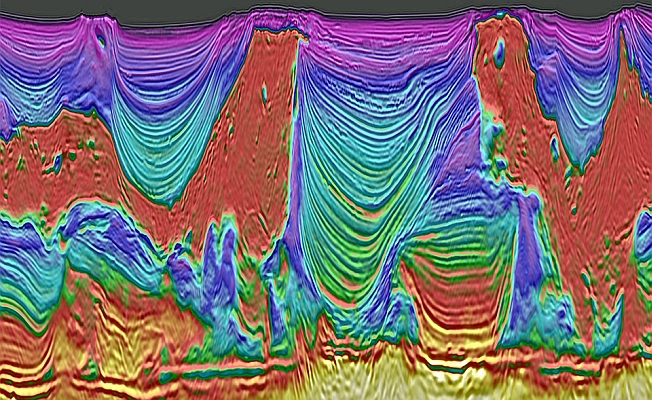NAVTEQ, the leading global provider of maps, traffic and location data enabling navigation, location-based services and mobile advertising around the world, has announced the availability of NAVTEQ Traffic Patterns in Brazil.
NAVTEQ Traffic Patterns helps commuters and vehicle fleets avoid traffic-congested areas, improve arrival time estimates and reduce fuel costs based on likely traffic conditions at that time and day of the week.
Recent NAVTEQ research, including approximately 9,100 unique and extensive route tests concluded that NAVTEQ Traffic Patterns could save Brazilian drivers 26 hours a year for an average, daily, roundtrip commute of 60 kilometers.
NAVTEQ Traffic Patterns features speed profiles, which is extensive information about average traffic speeds for specific road segments derived from billions of GPS probe data points and sensor records. These speed profiles are based on traffic speed data captured from actual – and recent — driver experiences, for every hour of the day and each day of the week. With this detailed information, NAVTEQ Traffic Patterns helps applications deliver the best routes to drivers, helping them save time and avoid typically-congested areas regardless of when and where they travel.
NAVTEQ Traffic Patterns launch coverage for Brazil includes nearly 11,000 kilometers of comprehensive coverage in six of the country’s largest cities- Sao Paulo, Rio de Janeiro, Belo Horizonte, Porto Alegre, Curitiba and Salvador.
“Our launch of NAVTEQ Traffic Patterns in Brazil represents our ongoing commitment to offer our high-quality, accurate and comprehensive traffic products around the world,” said Howard Hayes, senior vice president for NAVTEQ Traffic. “NAVTEQ Traffic Patterns for Brazil is created from more than 35 billion GPS data points, resulting in a highly-accurate traffic database which helps Brazilian commuters select alternative, time-saving routes based on quality information.”
NAVTEQ Traffic Patterns for Brazil includes:
* Coverage from the largest major freeways down to smaller neighborhood roads, resulting in optimal detours and city routing in Sao Paulo, Rio de Janeiro, Belo Horizonte, Porto Alegre, Curitiba and Salvador
* Seven daily traffic models covering each day of the week
* 24-hour speed values in both 15-minute and one-hour increments, which provide the most relevant historical traffic information for specific times of day.
Follow us on Twitter.







